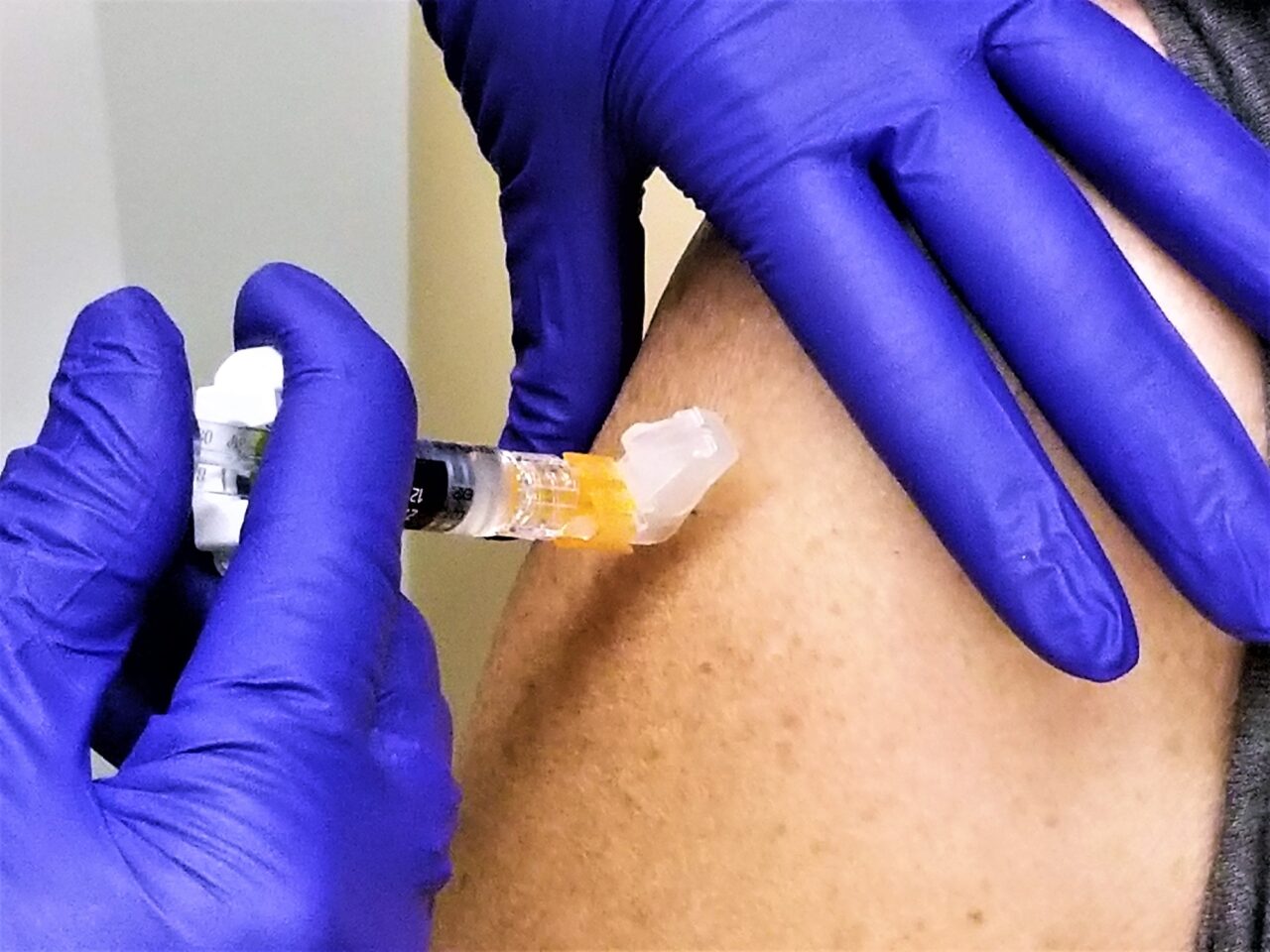Immune checkpoint inhibitors targeting CTLA-4 and PD-1, which stimulate the body’s own T cells to eliminate cancer, are an efficient treatment strategy for many cancers. Notably, CTLA-4 blockade seemingly leads to more durable responses compared to PD-1 blockade.
Some studies suggest this could be attributed to differing memory CD8 T cell responses from each strategy, but the mechanisms remain unclear. In a new study, researchers led by Stephen Mok, Ph.D., and James Allison, Ph.D., used tumor and peptide vaccine models to demonstrate that CTLA-4 blockade generates memory CD8 T cells with greater expansion and a stronger antitumor response compared to PD-1 blockade. CTLA-4 blockade resulted in more memory CD8 T cells expressing the transcription factor TCF-1, which is essential for this response.
Moreover, CD4 T cells are required for the generation of memory CD8 T cells, further highlighting key differences between the two checkpoint therapies. Understanding the different long-term immune effects with these treatments can drive future therapeutic strategies to improve patient outcomes.


